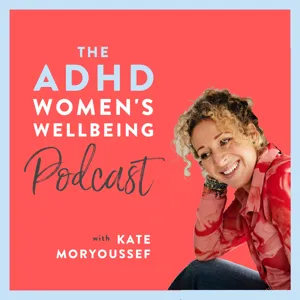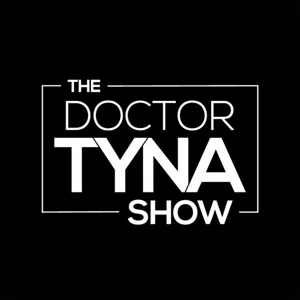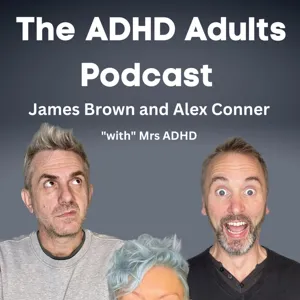Grounding and regulating your ADHD nervous system with Lisa Ryan

Do you feel your nervous system is constantly heightened and dysregulated? Perhaps the feeling of hypervigilance, anxiety, and not being able to settle? This is a prevalent theme I hear from many of us with ADHD - myself included.
If so, Kate's new four-part workshop series, Regulating Your ADHD Nervous System, is available here.
In this week’s shorter ADHD Women's Wellbeing Wisdom episode, I chat with Lisa Ryan, an experienced trauma-informed physiotherapist and somatic therapy practitioner. Lisa supports individuals (many with ADHD) who experience persistent (chronic) pain and health issues such as fibromyalgia, long COVID, chronic fatigue syndrome (CFS), unexplained physical symptoms, burnout, tension headaches/migraines, irritable bowel syndrome (IBS) and many more. Lisa’s mission is simple - to help people find freedom from pain and troublesome symptoms, live well and thrive.
During today's podcast episode, Lisa and I talk about:
- ADHD masking and its impact on the nervous system
- Creating more safety in our body
- How to move trauma through your body
- How our busy society and little downtime contribute to a heightened nervous system
- Why chronic pain, CFS and fibromyalgia is connected to high levels of stress and trauma in our nervous system
- Incorporating fun movement, nature, grounding and joy to settle and nurture the nervous system
- Self-holding, self-soothing and using different parts of our body to calm and regulate
- The basic needs of the nervous system and how to meet them
- ADHD and Hypervigilance
To connect with Lisa, head to her website, www.lisaryanphysiotherapy.com or connect on Instagram.
Kate's new four-part workshop series, Regulating Your ADHD Nervous System, is available here.
Welcome to a new episode of ADHD Women's Wellbeing Wisdom! Have a look at some of Kate's workshops and free resources here.
Kate Moryoussef is a women’s ADHD Lifestyle & Wellbeing coach and EFT practitioner helping overwhelmed and unfulfilled newly-diagnosed ADHD women find more calm, balance, hope, health, compassion, creativity and clarity.
Follow the podcast on Instagram here
Find Kate's resources on ADDitude magazine here











